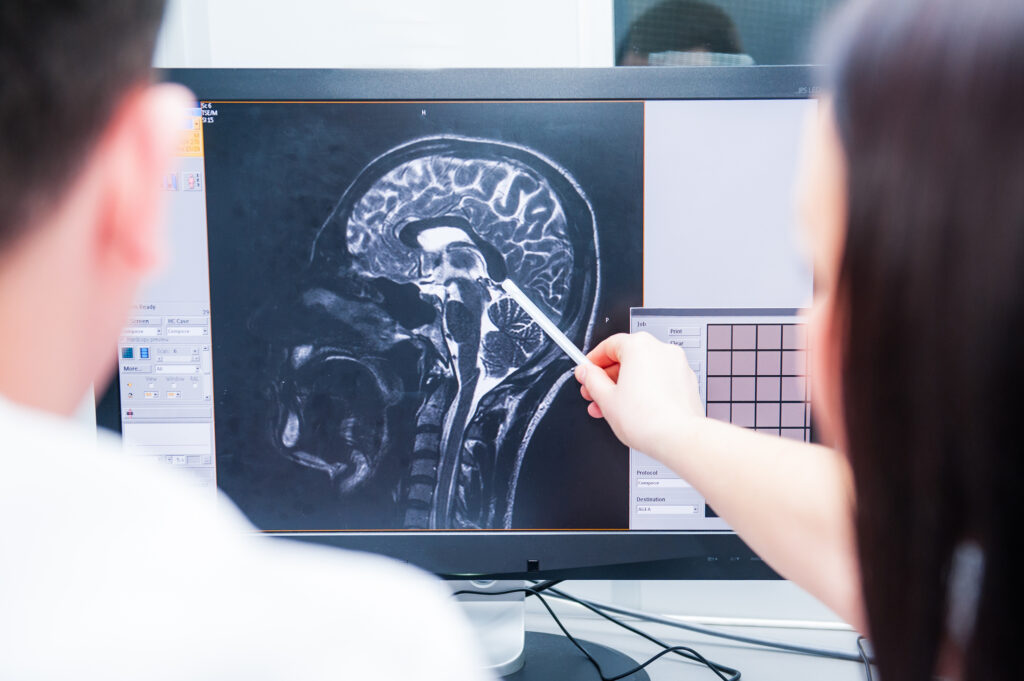Some jobs demand competence. Others demand compassion. Nursing demands both, and then some. A truly good medical nurse is someone who operates at the intersection of skill, empathy, precision, and pressure. In a world that often misunderstands what nurses actually do, those in the field know the work is far more than assisting physicians or managing paperwork.
A great nurse is part healer, part listener, part scientist, and part strategist. And it all starts with who they are, not just what they know.
Clinical Skill Meets Human Understanding
A nurse’s primary responsibilities aren’t simply checking vitals or administering medications. These are foundational, but not defining. What truly sets someone apart in this role is the ability to assess, interpret, and act decisively based on often limited information. The ability to notice a subtle shift in a patient’s breathing, catch a data point that doesn’t quite align, or ask the right follow-up question during intake can be the difference between intervention and crisis.
At the same time, nursing is an inherently human profession. Patients open up more to nurses than to almost any other healthcare professional. The trust that develops in those moments can only be built by someone who listens with attention, shows compassion without pity, and knows how to calm anxiety without sugarcoating reality. That balance between medical insight and emotional intelligence is the quiet superpower of the best nurses.
Mastering Time Before Mastering Medicine
The path to becoming a great nurse starts long before the hospital floor. It starts during long nights of studying and clinical rotations that test endurance as much as intellect. One critical skill often overlooked is the ability to manage time effectively. Without it, even the most dedicated nursing student can find themselves falling behind or burning out too early.
Time management for nursing students is as critical as a survival tool. Whether it’s balancing clinical hours with coursework, preparing for board exams, or juggling part-time jobs, those who learn how to prioritise, plan, and pivot early on are far more likely to thrive in real-world settings later. Hospitals don’t slow down for anyone. And the ability to manage shifting priorities, juggle patient care tasks, and still chart accurately under pressure starts with good habits formed in nursing school.
The value of time management also extends beyond academics. It becomes crucial during 12-hour shifts where emergencies don’t announce themselves in advance, and tasks pile up unexpectedly. A nurse who can move quickly without rushing, handle interruptions without losing focus, and still make space for patient interactions earns the respect of both peers and patients.
The Ability to Work Without Applause
One of the most demanding aspects of nursing is the emotional load. Nurses often absorb pain, grief, fear, and frustration while maintaining a steady presence. There are no standing ovations. Often, there’s not even a thank you. But the best nurses never wait for recognition. Their motivation comes from a different place. It’s internal. It’s shaped by a sense of duty and a commitment to care that doesn’t bend when things get hard.
In high-pressure settings like ICUs or emergency rooms, the ability to stay composed is about patient outcomes. Panic, frustration, or fatigue can cloud judgment.
Listening as a Clinical Skill
Listening as a soft skill is a clinical tool. Patients don’t always speak in medical language. They describe pain in metaphors. They hide symptoms out of fear or embarrassment. A nurse who truly listens and can often spot issues that even diagnostics may miss.
There’s also a subtle kind of translation work that good nurses do. They explain procedures in plain language without dumbing them down. They advocate for patients when those patients don’t know what to ask. This kind of communication builds trust and improves compliance, both of which directly impact outcomes.
Adaptability in Every Shift
No two patients are the same. No two shifts unfold exactly alike. Nursing is unpredictable, and a rigid approach often doesn’t survive the first curveball. A good nurse adapts, adjusts, and often does it without breaking stride.
This flexibility applies not only to changing medical conditions but also to systems. Protocols change. Tech systems get updated. Departments get restructured. Nurses who resist change often burn out. Those who accept it, learn from it, and even find ways to improve it, become indispensable.
Here’s what adaptability in nursing looks like on the ground:
- Adjusting care plans when a patient’s response to treatment shifts suddenly.
- Navigating new hospital protocols without losing time or accuracy.
- Collaborating across specialties and communicating effectively even in high-stakes environments.
The nurse who stays curious, who doesn’t cling to old habits just because they’re comfortable, stays ahead.
Precision That Leaves No Room for Error
Every dose matters. Every label matters. Every decimal point matters. Mistakes in nursing are rarely inconsequential. That’s why attention to detail is a core characteristic of those who succeed.
Even when exhausted, good nurses double-check. Even when the ward is understaffed, they follow procedure. It’s not about being robotic. It’s about knowing that precision is part of patient safety. And that includes documentation, medication, hygiene, and handoff communication.
Real-World Experience Adds Layers
Textbooks can’t teach everything. Some of the best nurses didn’t learn their most important lessons in school but on the job. Over time, they develop instincts. They read the room. They can tell when a patient is getting worse before the monitor says so. They know when a family member is about to break down, even if they’re trying to hold it together.
This depth of awareness comes from experience, but also from reflection. Great nurses learn by analysing what went well and what didn’t. They ask for feedback. They seek mentorship. They give it back.
Disclaimer
The content provided in The Qualities That Define a Truly Outstanding Nurse by Open MedScience is intended for general informational and educational purposes only. It does not constitute professional medical, nursing, or healthcare advice, guidance, or training. Readers should not rely on this article as a substitute for formal medical education, clinical training, or professional consultation. While care has been taken to ensure accuracy at the time of publication, Open MedScience makes no representations or warranties regarding completeness, reliability, or applicability to individual circumstances. Healthcare practices and standards may vary across institutions and regions, and readers are encouraged to consult relevant professional bodies, educators, or regulatory authorities for guidance specific to their situation. Open MedScience accepts no liability for any loss, harm, or consequences arising from reliance on the information presented herein.




